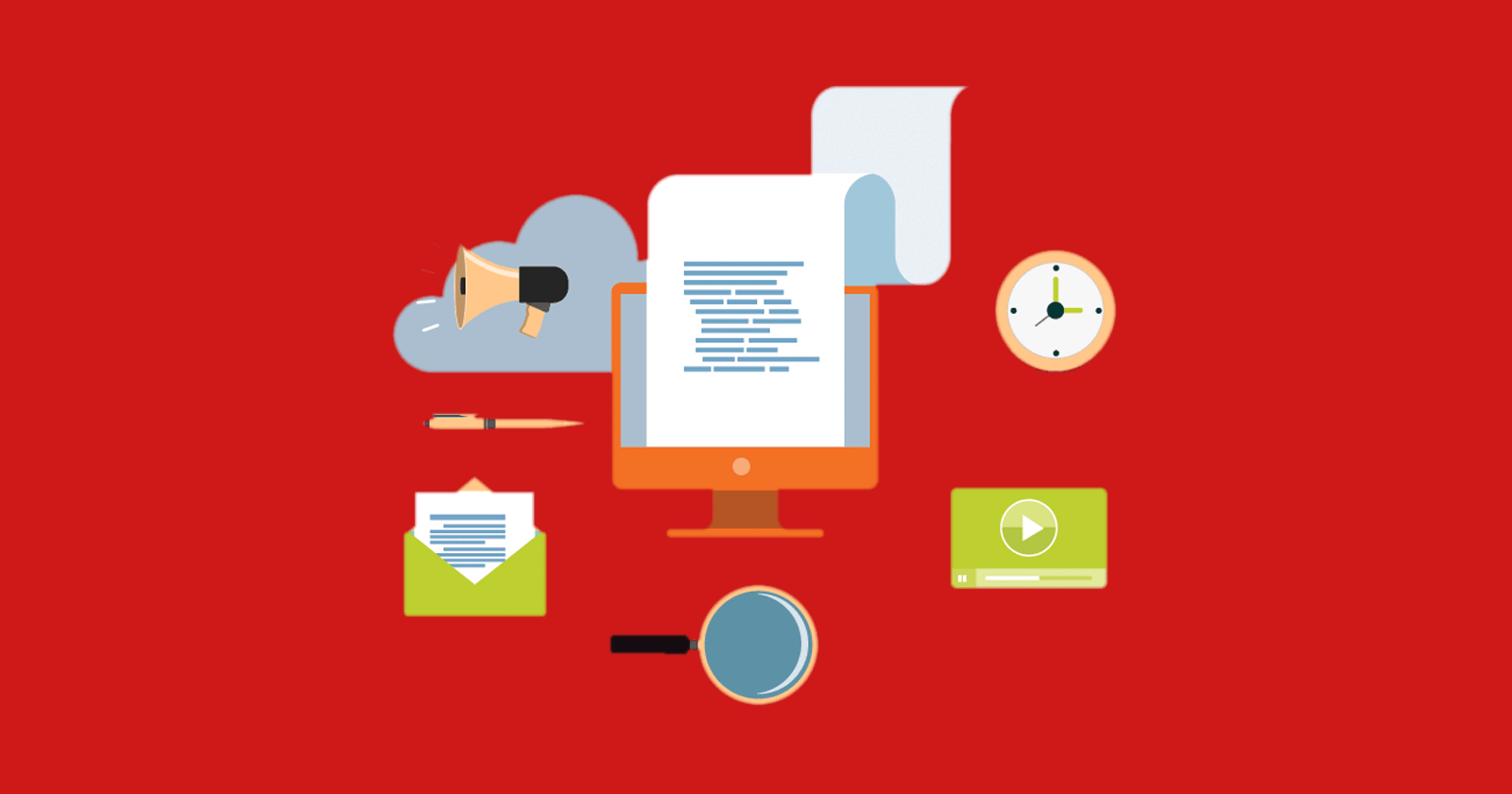Google’s John Mueller answered a question about what happens to the signals associated with syndicated content when Google chooses the partner as the canonical instead of the original content publisher. John’s answer contained helpful information about the murky area of ranking and syndicated content.
The question was asked by Lily Ray (@lilyraynyc) on X (formerly Twitter).
“If an article is syndicated across partner websites, and Google chooses the partner as canonical (even if canonical on partner site ➡️to original source), does this mean all SEO value is consolidated to partner URL?
E.g. link signals, UX signals, social media signals etc. from the group would be consolidated into Google’s chosen canonical?
& each time this happens, does that represent an “opportunity cost” from the original site, in the sense that they lose out on that SEO value?”
Lily asked about cross-domain canonicals and this:
- Link signals
- UX signals
- Social media signals
John Mueller tweeted:
“Hi Lily! It’s complicated, and not all the things you’re asking about are things we necessarily even use.
In general, if we recognize a page as canonical, that’s going to be the page most likely rewarded by our ranking systems.”
John Mueller answered that Google didn’t use everything on her list but didn’t specify which items. Regarding the canonicals, Google does have a policy about the use of cross-domain canonicals on syndicated content.
Google announced last year that it no longer recommends cross-domain canonicals on syndicated content and instead it suggests using the meta noindex tag on the partner site to block Google from indexing the site entirely if the original publisher wants to be certain that link signals for the content accrue to them and not the syndication partner.
This is Google’s current guidance for cross-domain canonicals:
“Tip: If you want to avoid duplication by syndication partners, the canonical link element is not recommended because syndicated articles are often very different in overall content from original articles. Instead, partners should use meta tags to block the indexing of your content.”
John Mueller didn’t address what happens to the link signals but he did say that the site that is recognized as canonical is the one that’s rewarded Google’s ranking systems and that is ultimately the most important detail.
Featured Image by Shutterstock/Graphic farm
